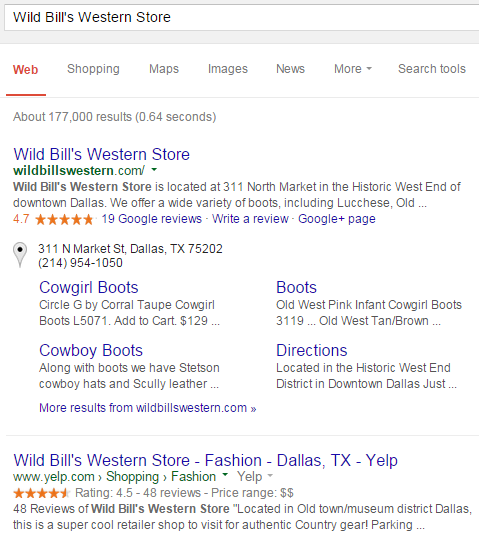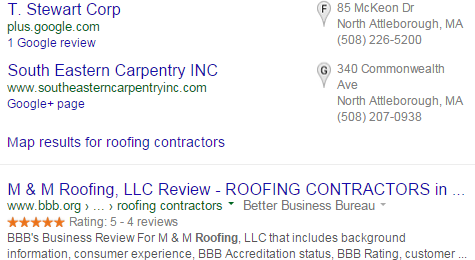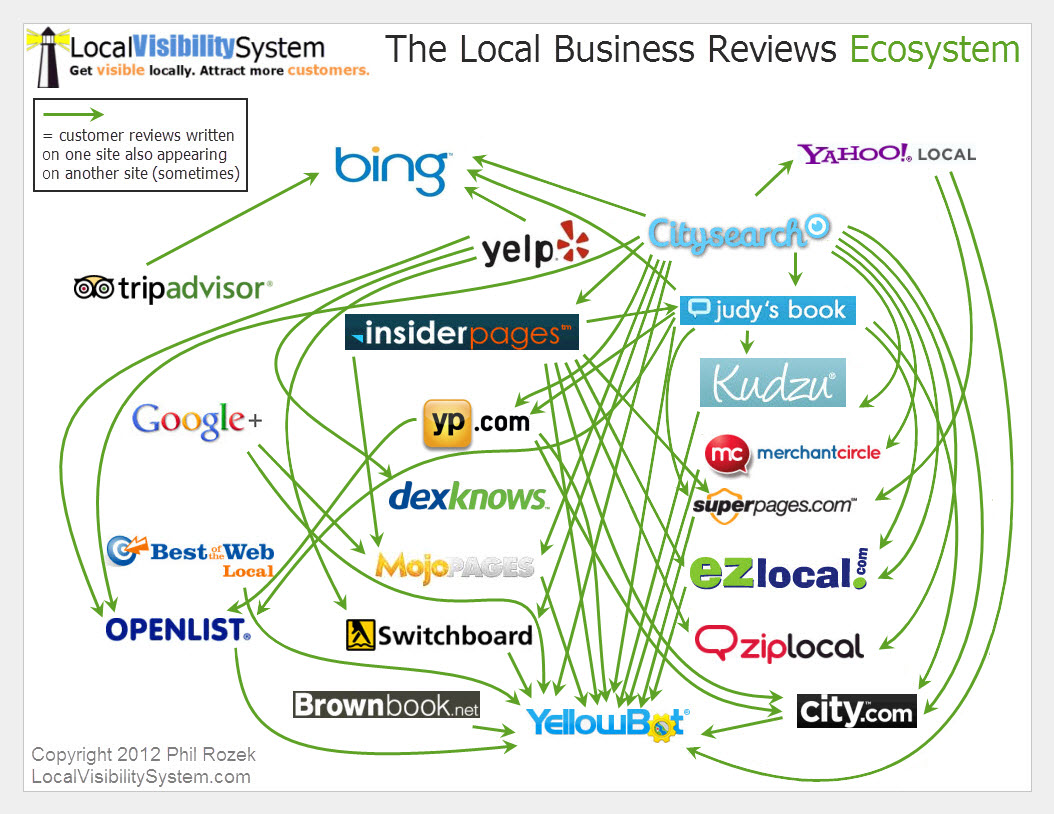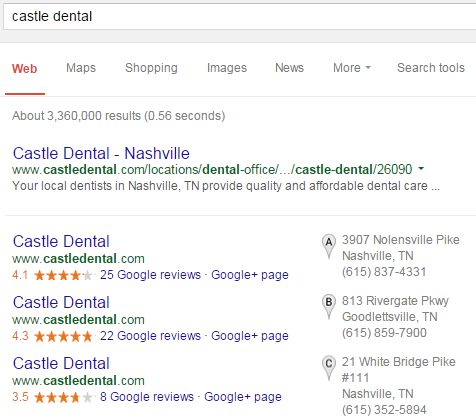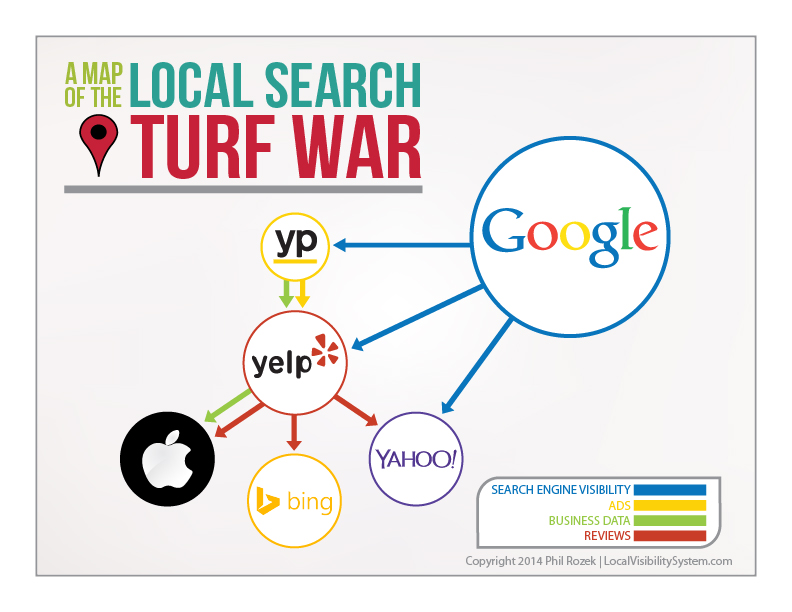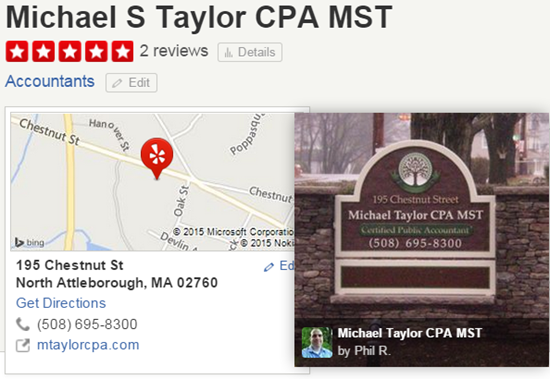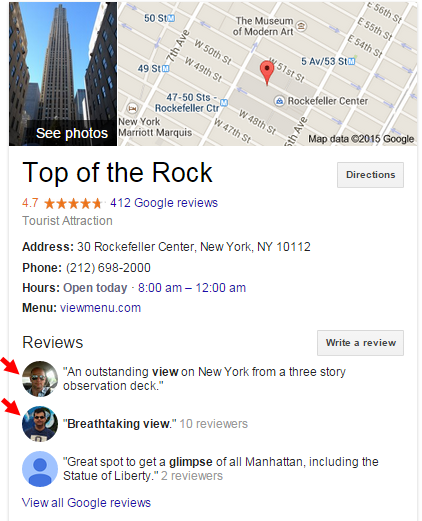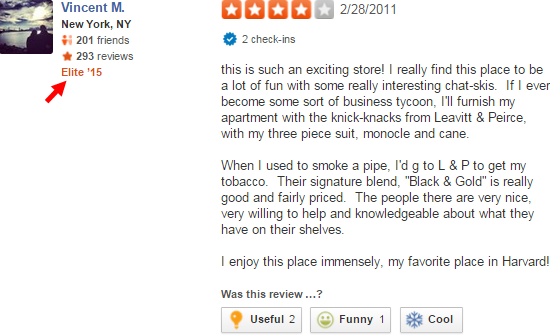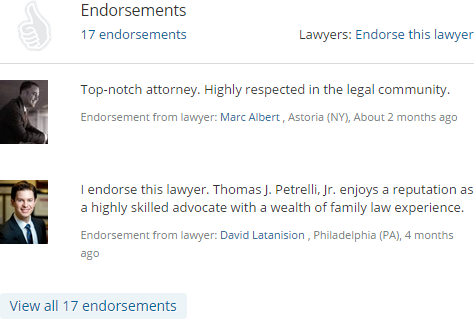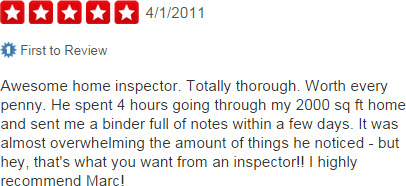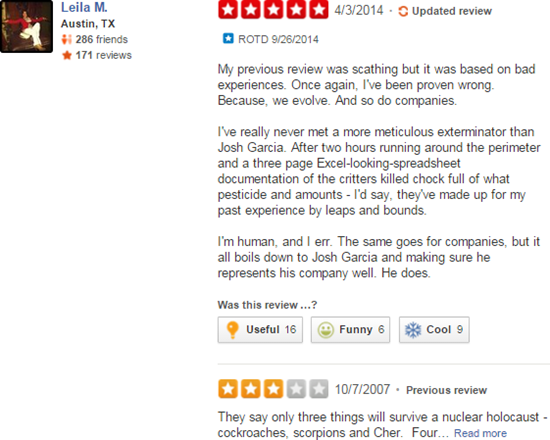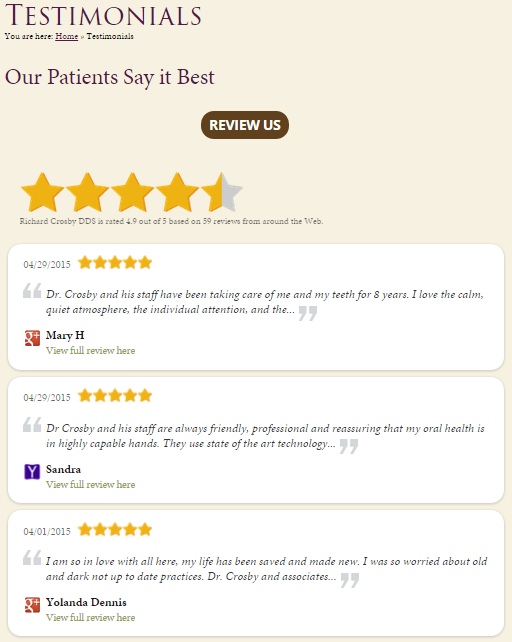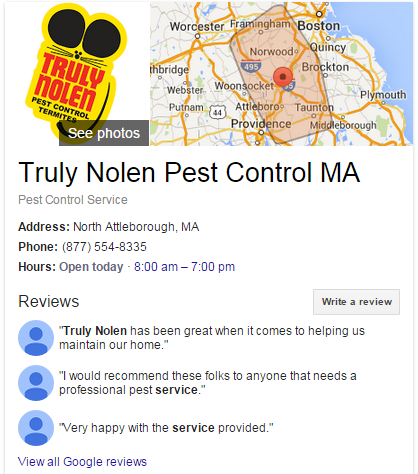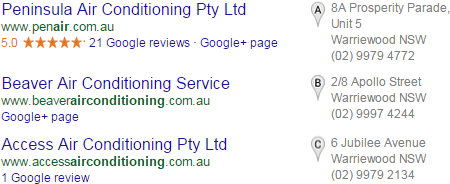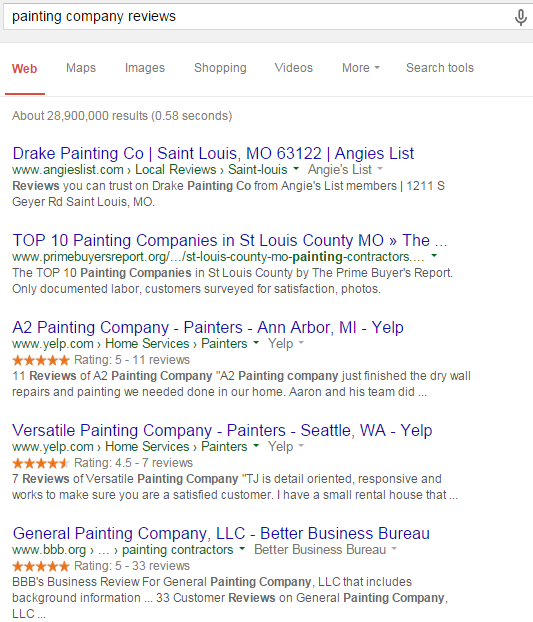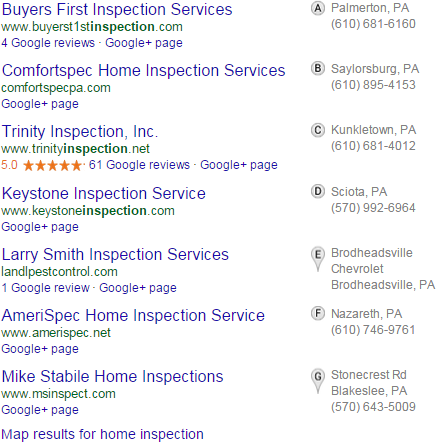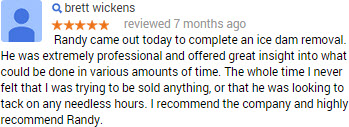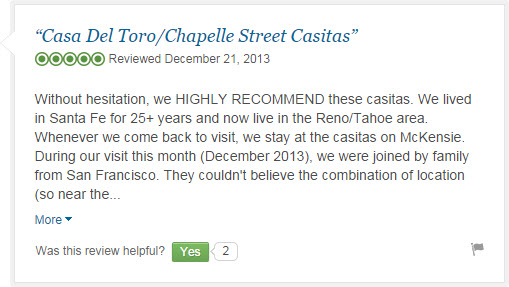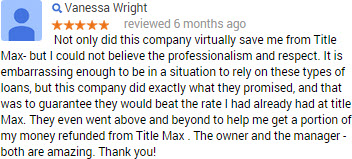Yext has formed tight partnerships with some notable directories in recent years: MapQuest, InsiderPages, and CitySearch, among other bigger sites (and some rinky-dink ones).
The core feature of Yext’s “PowerListings” offering is that you can standardize your business info on a bunch of local directories (AKA “publishers”) at once. On some of those sites Yext is one of several ways to update your info. On other sites it’s now the only way to update or add a listing – which is what I’m referring to when I say Yext has “gobbled up” a site.
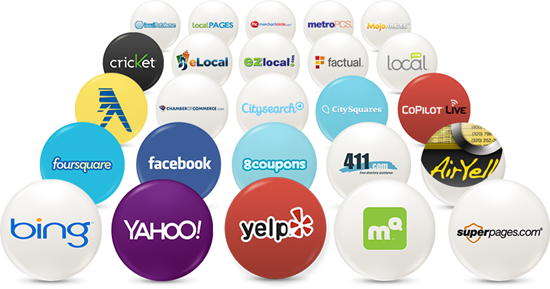
The number of sites Yext has partnered with – in some cases exclusively – has been growing. (To the dismay of some.)
Does the expanding Yext network mean trouble for business owners and local SEOs?
No.
Yext users (especially at the enterprise level) will continue to save time to one degree or another on their citation-work. But the basics of local SEO won’t be changed in any significant way – for the worse or for the better.
Here’s why I say Yext’s expansion won’t hurt you:
- All the sites that matter will maintain manual / free ways to add or edit your listing, or at least they’ll keep sourcing their data from places where you can control your business info. They’ll want to continue to collect business info in the way they’ve always collected it, and not limit their sources of fresh info to what’s in Yext’s pipeline. They’ll want to keep growing their data-assets.
- Major industry-specific directories (e.g. HealthGrades, Avvo, etc.) seem less likely to partner with Yext, at least in large numbers. They wouldn’t be applicable to every Yext user, and some of them require proof of license if you want to claim your listing. You’ll always be able to fix up your listings on industry sites.
- I’m guessing Google starts devaluing a citation source once it stops building its database of local businesses organically. The info gets stale and limited (at least for businesses that aren’t using Yext).
- As Andrew Shotland said recently, there’s plenty of room for competing services.
- Organic and behavioral factors will continue to influence your rankings more than citations do. (I’m talking about qualities like having tons of info about your services on your site, a few good links, and more and better reviews than your competitors have.)
The only people who might be harmed by Yext’s expansion are the ones who will sign up because they think it’s a silver bullet for rankings, or even that it will fix all their citations. It won’t do either of those things, although Yext does work as promised on the sites in its network, and that can be valuable.
Yext’s marketing people don’t do enough to correct the “silver bullet” misconception, but some business owners (and lots of local SEOs) don’t do their due-diligence, or they just don’t know what they need. The marketing question remains a gray area.
I totally understand why many business owners and local SEOs let out a sigh every time Yext gobbles up a directory. But if all the sites where you want to work on your citations are Yext-exclusive, you’re focusing on the wrong sites. (See this.)
Yext’s expansion is not a good thing or a bad thing for your local-visibility efforts, in the grand scheme. Yext is a nice time-saver in certain situations. It’s simply a tool that’s available to you.
Business owners who want or need to take the manual approach will always be just fine. Especially because those are the sorts of people who realize that citations are just one aspect of local SEO, and are willing to work on the tough stuff.
—
What do you think happens if Yext’s network continues to grow? Any points I overlooked?
Leave a comment!


